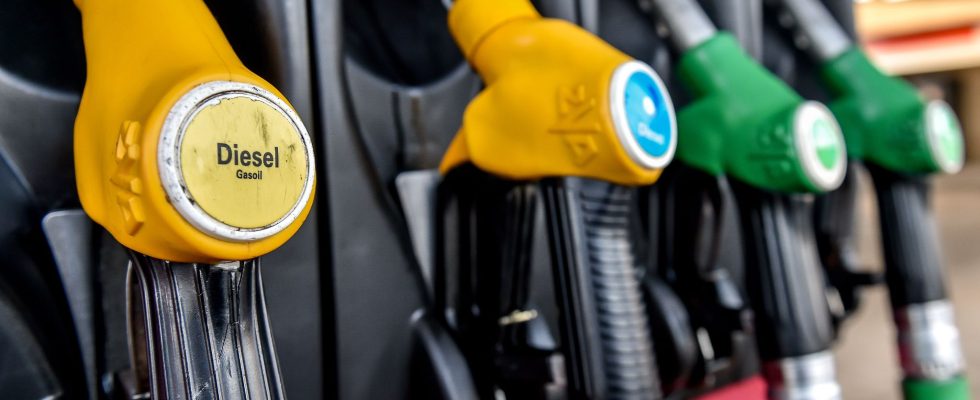There are birthdays we would rather forget. 1,500 tanks, 222 bombers and nearly 300,000 men: on October 6, 1973, the troops of Egyptian President Anwar El-Sadat crossed the Suez Canal and took in the rear the Israeli army which had been stationed in the Sinai since its victory in 1967. A little over three weeks of combat that will change the face of the world. The Yom Kippur War also marked the end of a golden age on the economic level, the end of the Thirty Glorious Years. In reaction to American support for Israel, the Arab member countries of OPEC decided a few days later to unilaterally increase by 70% the prices of barrels of crude oil that they sold to the West. Above all, they threaten to reduce their production of black gold by 5% each month as long as Israeli troops have not left the occupied territories. The Western world took the full brunt of what economists would much later call the first oil shock. In France, the price of gasoline at the pump is soaring, people are worried about possible shortages, they are urgently inventing “the hunt for waste”.
In the columns of L’Express, Pierre Pean – then a young journalist – wrote: “In France, things are in chaos. Fifteen barges blocked in the port of Sète, due to lack of fuel. The farmers of Charentes, running out of fuel fuel to dry their corn, are demanding the requisition of stocks. Fuel retailers parade through Marseille at the wheel of their tank trucks: they have nothing left to sell and accuse wholesalers and refiners of waiting for the rise to release their stocks. A hospital in Lyon is out of fuel…”.
Fifty years later, the question of the price of gasoline is once again at the heart of all discussions. No shortage obviously but a price at the pump which continues to rise, even if a slight relaxation is perceptible in recent days: 1.92 euros per liter including tax of super unleaded on average throughout France, according to the latest Ufip statements. An increase of just over 13% in the space of one year. Behind this increase, as in 1973, OPEC is in action. “The organization has reduced its production by 1.6 million barrels/day since April. This drop was mainly due to Saudi Arabia, whose crude production was voluntarily slashed by 1.9 million barrels by day so as to cause a rise in prices”, comments Charles-Henri Colombier, economist at Rexecode.
Political unrest
Should we be alarmed? Even if the increase in the price of gasoline necessarily strains the purchasing power of the French, this recent increase does not have the devastating impacts of the first oil shock of 1973. The economy is much less sensitive to the yo-yo of crude prices . Relative to wages, gasoline prices are lower today than in 1973. Thus, one hour of gross minimum wage allows you to purchase 5.7 liters of gasoline in October 2023 compared to 3.2 liters a year ago. half a century ago. For the same amount spent, motorists therefore have more in their tank. And as cars are less fuel-efficient, the gas bill in the total French budget is lower than in 1973.
In the meantime, the executive, paralyzed by an autumn resurgence of the yellow vest crisis, continues to agitate to curb the rise in prices at the pump. After the big hiccup around the authorization of the sale at a loss announced by Elisabeth Borne and immediately buried -, the government announced a new fuel check for the most modest and Olivia Grégoire, the Minister of Commerce, promises an information mission on refiners’ margins. A bit of a string to make us forget that 60% of the price of gasoline comes from taxes!
